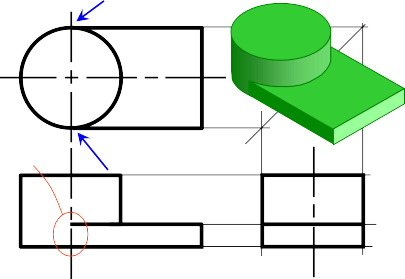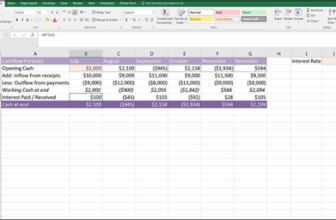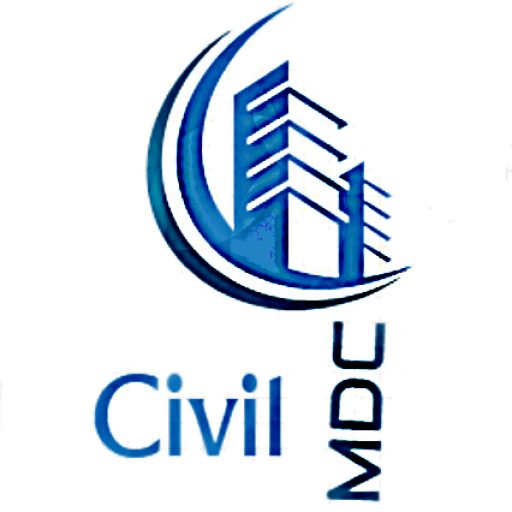

Orthographic Writing
TOPICS
Views selection Alignment of views Orthographic writing steps Basic dimensioning
Tagency and intersections
View Selection
VIEW SELECTION STEPS
- Orient the object to the best position relative to a glass box.
-
Select the front view.
- Select adjacent views.
The object should be placed in its natural position. The object should presents its features in actual size and shape in orthographic views.
STEP 1 : Orient the Object

NO !
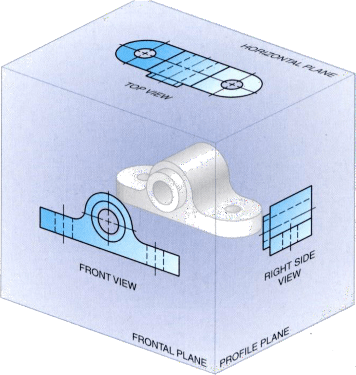
GOOD
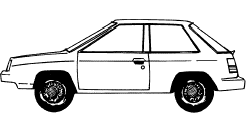
STEP 2 : Select a Front View
The object’s longest dimension should be presented as a Length.
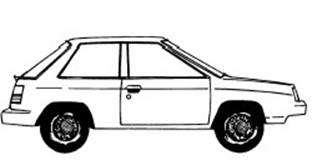
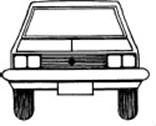
First choice
Second choice
| Waste more space |
| Inappropriate |
| GOOD |
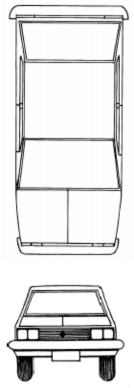
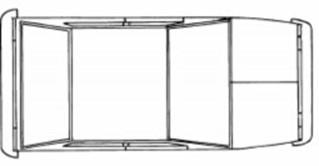
The adjacent views that are projected from the selected front view should appear in its natural position.
STEP 2 : Select a Front View
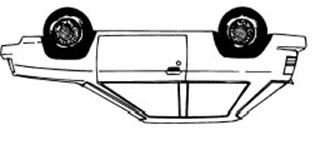
Inappropriate

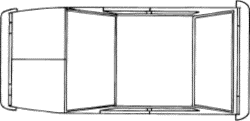
Choose the view that have the fewest number of hidden lines.
STEP 2 : Select a Front View
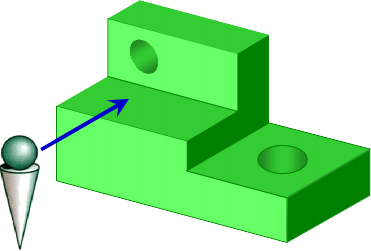

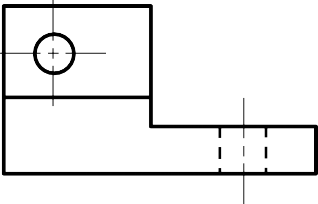
GOOD

Inappropriate
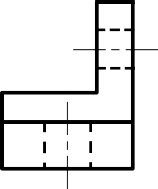

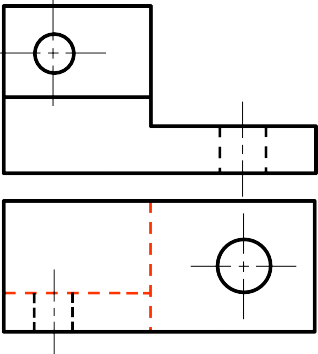
STEP 3 : Select an Adjacent View
Choose the view that have the fewest number of hidden lines.
GOOD
Inappropriate
Inappropriate
STEP 3 : Select an Adjacent View
Choose the minimum number of views that can represent the major features of the object.
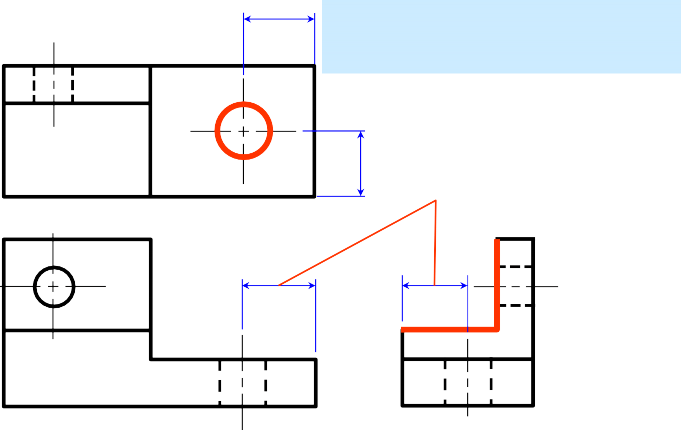
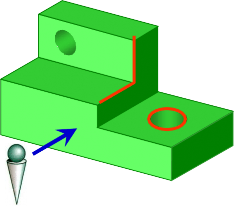
Necessary
Hole’s location can be specified on the same view.
Easy to understand
Difficult to interprete.
Choose the views that are suitable to a drawing space.
STEP 3 : Select an Adjacent View
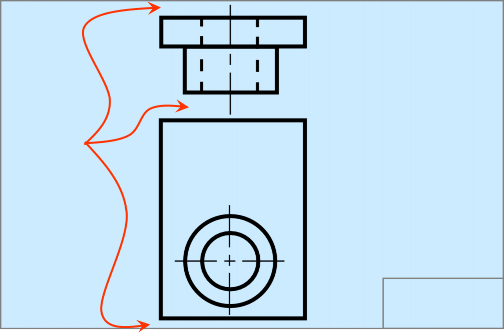
Not enough space
for dimensioning.
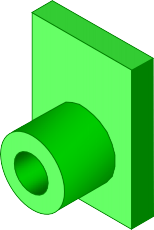
Choose the views that are suitable to a drawing space.
STEP 3 : Select an Adjacent View
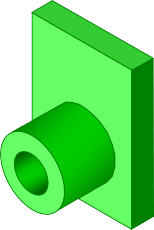

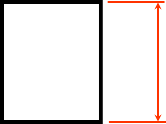

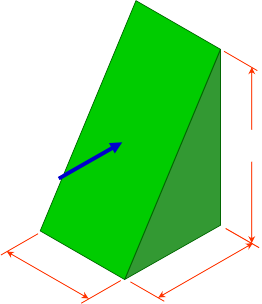
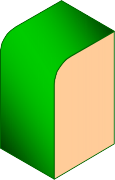
Example : View selection
mislead to…

 |
|
|
H |

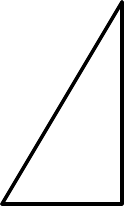

F.V. & T.V. Three views F.V. & R.S.V.
Size description ü ü ü
Shape description û ü ü
Flat part having a uniform thickness.
ONE-VIEW DRAWING

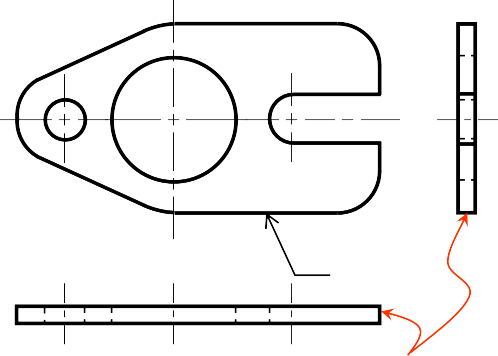
1 Thick
These 2 views provide only information about the part thickness !
Unnecessary
Cylindrical-shaped part.
ONE-VIEW DRAWING
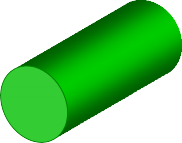
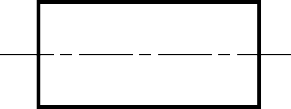
Repeat !

Unnecessary
Infer from CL

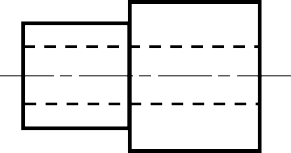
Unnecessary
There exists an identical view.
TWO-VIEW DRAWING
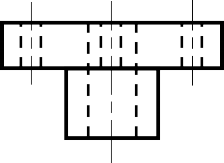
Repeat !
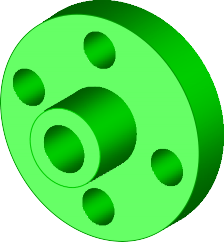
Unnecessary
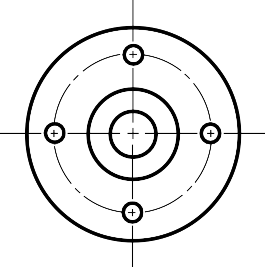
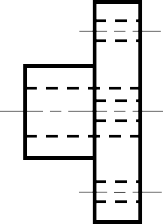
The 3rd view has no significant contours of the object.
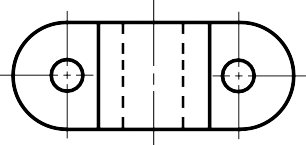
TWO-VIEW DRAWING
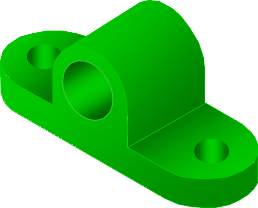
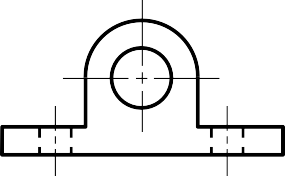
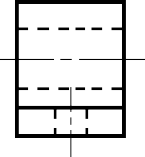
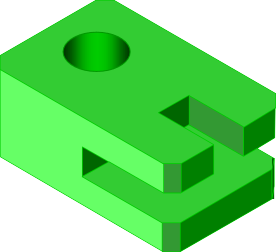

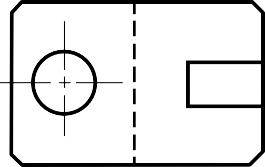

The 3rd view has no significant contours of the object.
TWO-VIEW DRAWIN
Alignment of Views
PROJECTION SYSTEMS
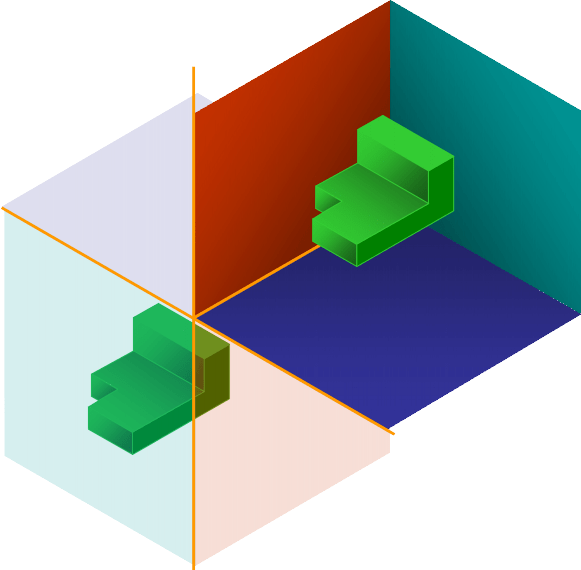
- European country
-
ISO standardrst Quadran
-
SELECT THE NECESSARY VIEWS
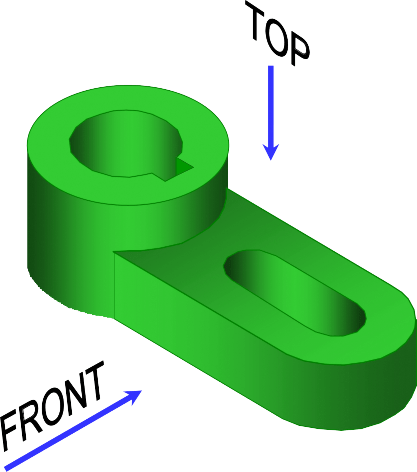
- LAYOUT THE VIEWS
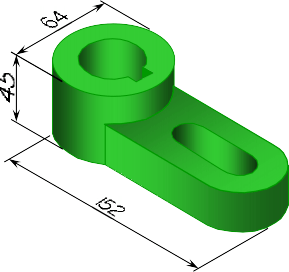
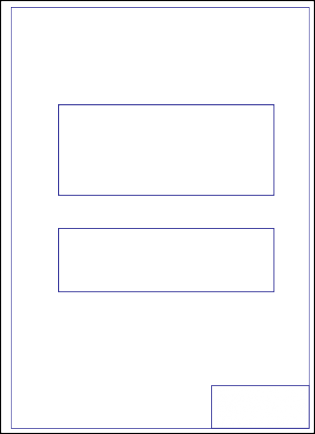
|
64 |
|
| 5 | |
|
45 |
Choose an appropriate scale
1:1
Please Open book page no.59
PROJECT THE VIEWS
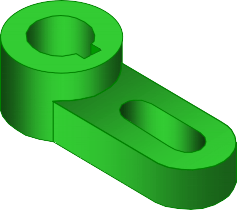
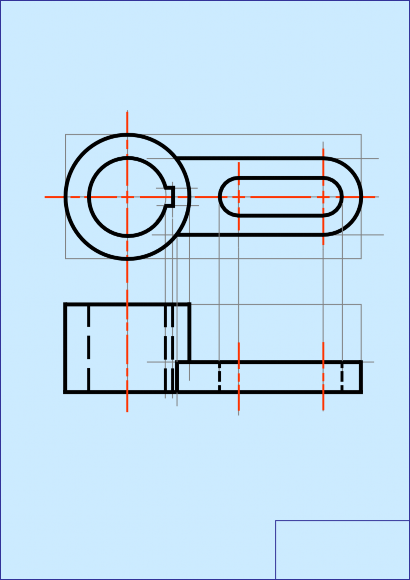
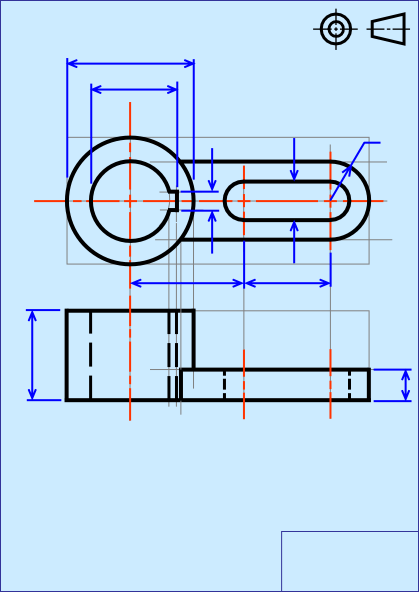
DIMENSION THE VIEWS

TRANSFERING
THE DEPTH DIMENSION

-
Direct measurement
TRANSFERING
THE DEPTH DIMENSION

45°
- Use miter line
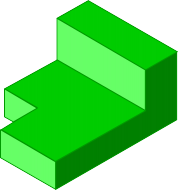
Views too close


Basic Dimensioning
COMPONENTS
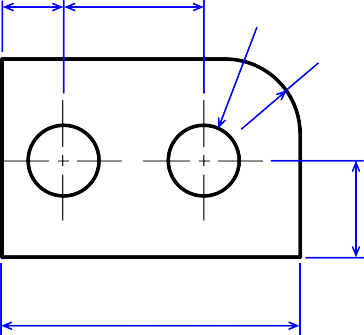
- Extension lines
- Dimension lines
- Leader lines
- Dimension numbers
- Local notes


Tangencies and Intersections
No line is formed when curved surface tangent
to a plane surface.
Line is formed when curved surface intersects
a plane surface.
TANGENT & INTERSECTION


TANGENT & INTERSECTION

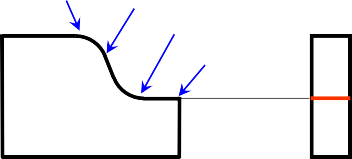

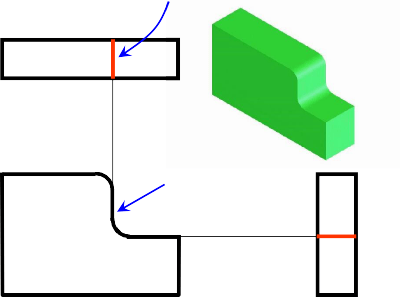
TANGENT & INTERSECTION
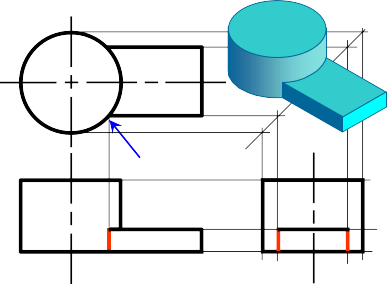
intersect
